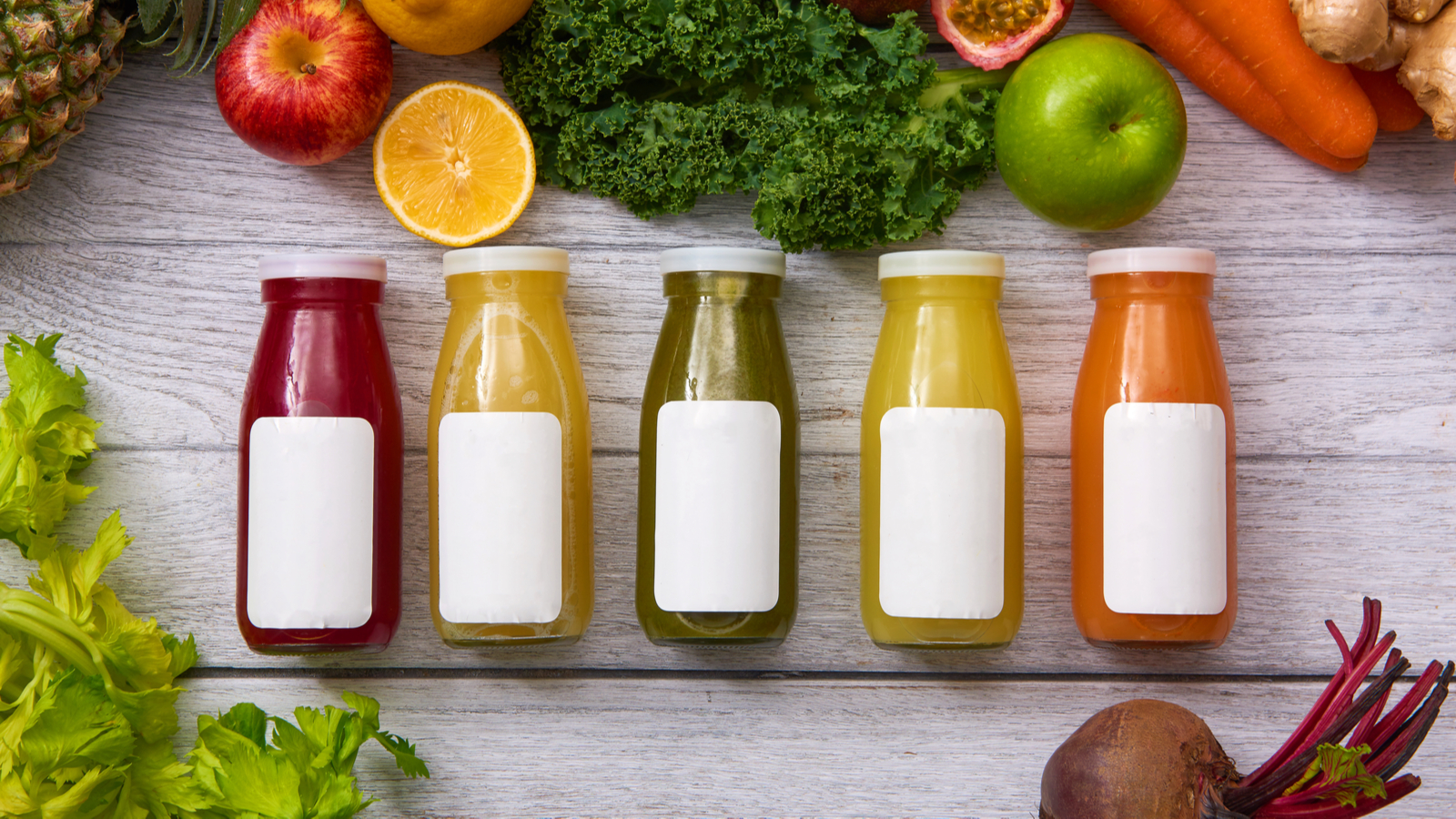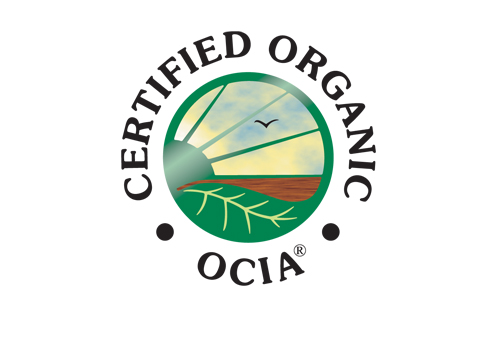

OCIA - Speciality Crop Certification Standards (Maple Syrup)

OCIA certification arises from the following basic principles: Organic certification is a system of institutionalized trust, allowing consumers to identify and reward conscientious stewards of our natural heritage. Organic certification is a privilege to be earned rather than a right to be withdrawn. No one knows the farm system better than a farmer. Organic production focuses on natural processes and their management: materials and products are an adjunct to, not a replacement for, effective management. Diversity, interaction, adaptability and competition are characteristic, natural elements to be respected in the organic system. The organic farming system should be structured and managed to ensure that soil loss through erosion and other degradation does not exceed natural replacement rates. Organic operations must take measures to maintain and/or improve landscape and enhance biodiversity.The producers, handlers, and consumers depend on processors of organic products to preserve or enhance the original nutritive value for the type of product, while continuing producer efforts to minimize contamination of the product and the environment. The audit trail is an integral part of organic certification. The use of products made from organisms that have been modified by genetic engineering techniques (as defined in the Materials List) is prohibited and is in direct violation of the philosophy and organic intent of OCIA. Nanotechology applied as an extension to the process of genetic modification referred to in 1.2.10 is prohibited within the organic system.The use of manufactured nanoparticles or nanostructures is prohibited. *Notwithstanding the above, the use of naturally occurring nanoparticles, as in traditional biodynamic practice, is allowed. The use of artificial nanoscale processes is prohibited within the organic system.
Applied Standards
Use of paraformaldehyde is prohibited. Double tapping (freshening of tap holes) is prohibited. Vacuum pumps shall not exceed 20 pounds pressure at the pump and shall not exceed 20 pounds pressure at the taps. Poor condition of tubing shall not be considered a reason to increase pressure. Tap, buckets, tubing and other equipment shall be in good condition and properly used. Acceptable defoaming agents are: milk and milk products (cream, butter), vegetable oil, and vegetable glycerin. Silica powder, clay and diatomaceous earth are acceptable in the filtering of syrup. Asbestos is prohibited. Management, handling and storage of syrup and syrup products (taffy, butter, sugar, etc.) must be clean and free of contaminants. Cleaning of equipment must be done with authorized products (cider vinegar, peroxide, bleach, fermented sap) and in such a way as to avoid all possible contamination of sap or syrup. Caustic soda (NaOH) may be used in the cleaning solution for the reverse osmosis membrane, as follows: 1. 200 ml of NaOH per 100 liters of permeate; 2. Permeate is to be at a pH of 10.0 - 11.0; 3. The washing solution is to be three times the volume of the machine when in a closed circuit; 4. The washing solution is to be maintained at 40 degrees Celsius; 5. The post-wash rinse must be done with a high quality permeate, using at least 20 times the volume of the machine when in a closed circuit. 6. A maintenance and cleaning log must be maintained for the reverse osmosis machine. 7. The technical data pertaining to the machine must be provided with the certification application. Membranes are to be chosen and used in such a way, which does not remove mineral components from the sap. Sugar concentrations in the concentrate PRIOR to boiling shall not exceed 8%. Syrup may be stored in galvanized barrels for not more than 60 days for brix less than or equal to 65 nor more than 120 days for brix greater than 65. Producers should seek alternatives to galvanized barrels.
